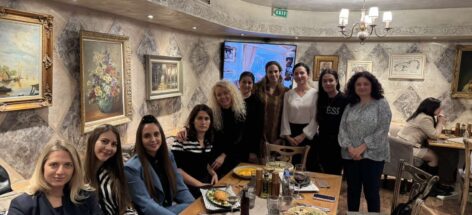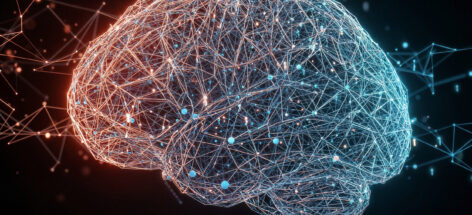news
Categories
12. September 2025
Reading Time: 2
Min.
news
Copyright and Artificial Intelligence
With the rapid development of Artificial Intelligence (AI), the legal framework governing copyright is facing new and complex challenges. Systems that generate text, images, music and other creative works raise important questions: who is the author of what AI creates? Does the AI have the right to authorship? How are the works used to train these systems protected?
What is copyright?
Copyright is the legal protection afforded to authors of original works in literature, music, art, film, computer programs, and other fields. It gives the author the exclusive right to use, distribute and control his or her work for a specified period of time.
Where do AI and copyright collide?
- AI content creation
Today’s generative models, such as ChatGPT, DALL-E, Midjourney or others, can create articles, pictures, songs and even movie scripts. But the question arises – whose authorship is it? In most jurisdictions, including the EU and US, copyright can only be granted to an individual. Therefore, works created entirely by AI without human intervention may not be subject to copyright protection. - Use of protected works to train AI
To be effective, the AI model is trained on huge datasets – often including copyrighted text, images or music. This raises the question of whether using such works without permission infringes the rights of their authors. - Plagiarism and deliberate imitation
While AI does not copy existing works verbatim, sometimes the results closely resemble the style of an author or artist. This leads to concerns that AI may “imitate” styles without giving credit to the original artist.
How do legal systems react?
Many countries still do not have clear regulations on AI works. The European Union, through the Artificial Intelligence Act (AI Act), has initiated a framework for AI regulation, but issues around copyright remain largely unresolved.
In the US, the Copyright Office has already stated that it does not recognise copyright in works created entirely by AI. In the UK, however, there is a limited right in works created by a computer, subject to certain conditions.
Possible future solutions
- Hybrid authorship model – granting rights to the person who initiated or edited the AI content.
- Licensing of training data – clear rules for use of content in AI training.
- Development of new categories of rights – possibility of introducing ‘AI copyright’ or similar new legal category.
Artificial intelligence is revolutionising content creation but challenges existing legal frameworks. It is imperative to strike a balance between innovation and the protection of creators’ rights. Copyright regulation in the AI era will require international cooperation, adaptation of legislation and active discussion between lawyers, technologists and creators.
TPA Bulgaria
+359 2 981 66 45/46/47
office@tpa-group.bg
128, G.S. Rakovski str, floor 2
1000 Sofia





